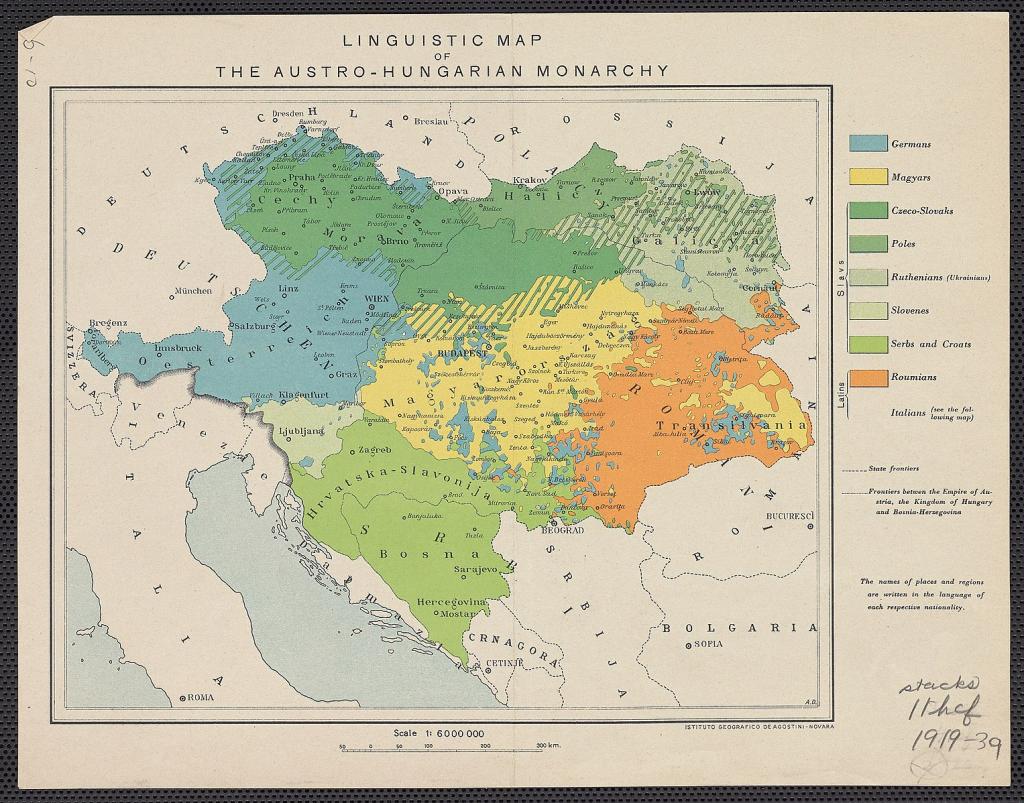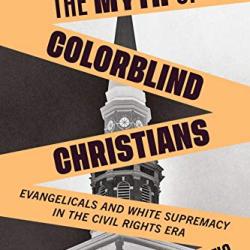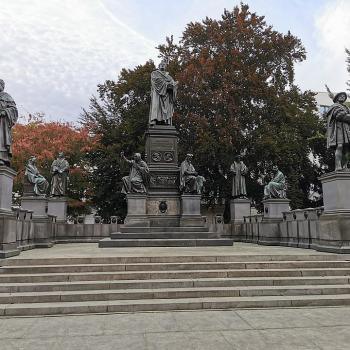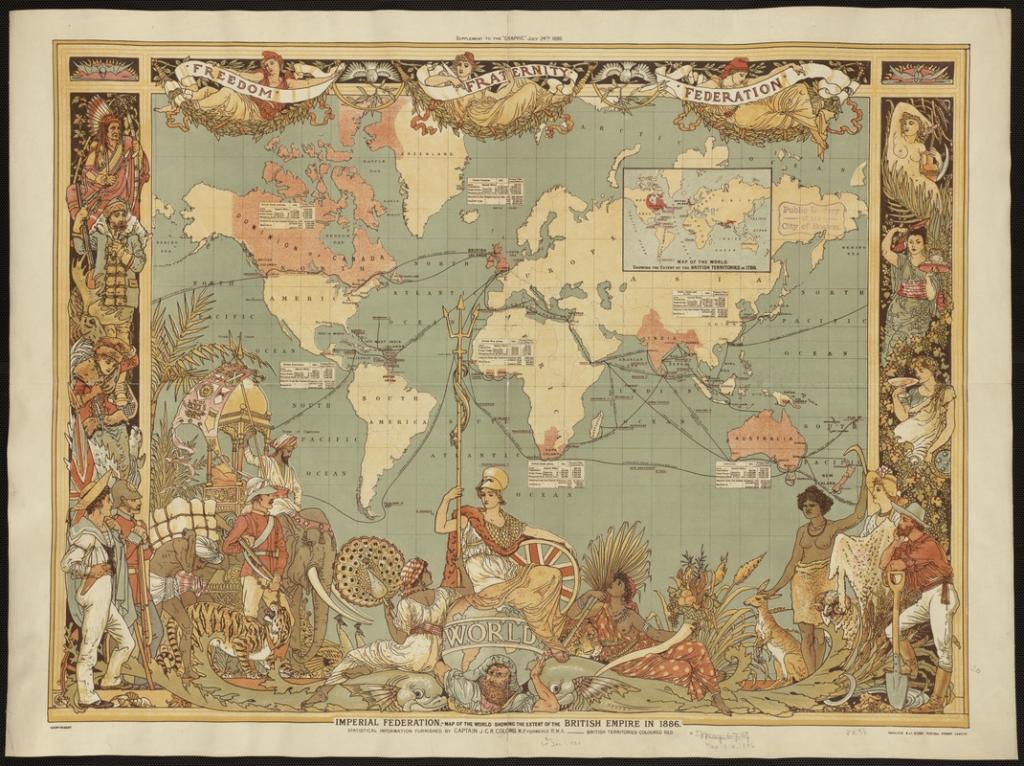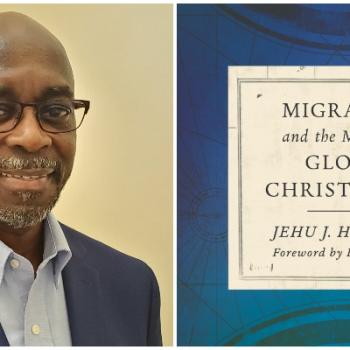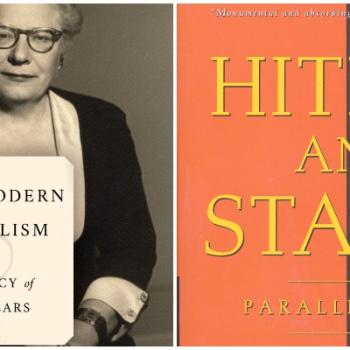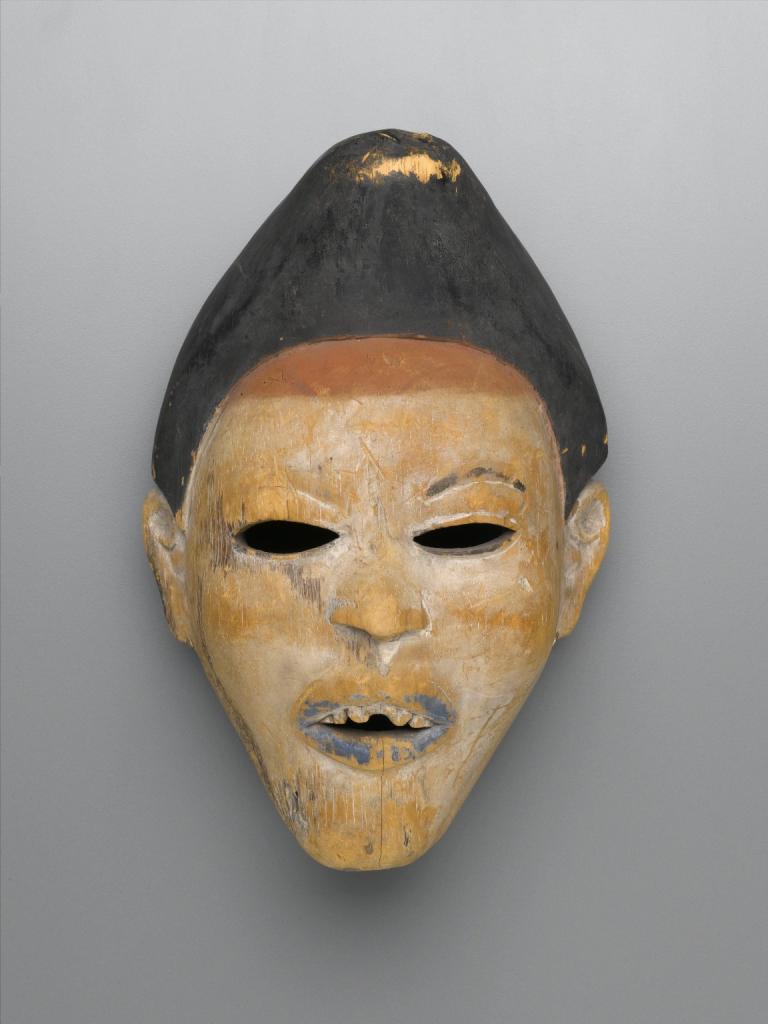I am currently working on the relationship between empires and the emergence and development of religions. The problems of actually defining empires are quite intense. So what is an empire? At some point, we might conclude that an empire is much like pornography, in that you know it when you see it. There are plenty of attempts at definition. One excellent survey of the topic is in Stephen Howe’s concise Empire: A Very Short Introduction (Oxford University Press, 2002). Howe... Read more


